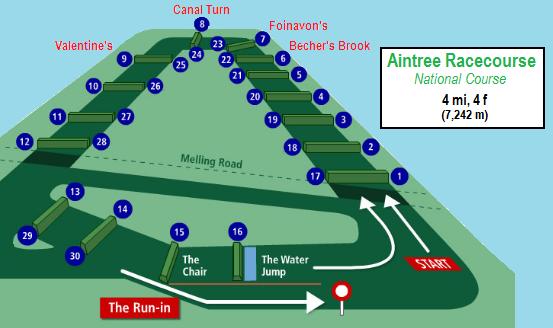British Horse racing, a cornerstone of spectator sports in the UK, is renowned for its grand annual events. Among these, is the Grand National, which will take on Saturday13th April 2024. Drawing crowds of eager spectators seeking the electrifying ambience, this event is a highlight on the racing calendar.
A popular way for enthusiasts to engage is by placing bets on whimsically named horses, hoping for a triumphant win. This thrilling pursuit often begins at bookmakers, whether virtual or in-person, where individuals seek the best odds for their chosen contender. However, for online punters, selecting a reputable betting platform is crucial to avoid potential risks.
Some websites may tempt users with promises of high returns but lack the integrity to fulfil payouts, putting bettors’ funds in jeopardy. But how can you check if a betting site is legitimate and what are your legal options if your online bookmaker won’t pay you out? DAS Law answers some key questions.
I have seen online betting sites with amazing odds. How can I check the credibility of the site and make sure it’s not a scam?
The first thing to do would be to check that the organisation that you plan to gamble with is licensed by the UK’s Gambling Commission. Every online gambling business that is licensed is required to display a notice saying that they are licensed by the Gambling Commission with a link to the Commission’s website.
On the Commission’s website there is a licence register where you can see what activities a company is able to offer. If a gambling business does not have a license, it is acting illegally and you would be wise to avoid placing any bets with them.
What recourse do I have if a winning bet is not paid out?
Gambling businesses are obliged to offer a complaints procedure. If a winning bet is not paid out, the first thing would be to lodge a formal complaint. Under the Gambling Commission’s guidelines, this should be resolved in a maximum of eight weeks. If the complaint is not resolved to your satisfaction, the matter can then be referred to an Alternative Dispute Resolution (ADR) provider.
The Commission recommends using Resolver to lodge this complaint, and generally for guidance on complaints. If the ADR provider does not resolve the matter to your satisfaction, legal action is an option and in the case of a winning bet not being paid out, a breach of contract claim can be made.
What happens to your money if a gambling business goes bust?
Monies used to place a bet would not subject to protection by the Gambling Commission or government in the same way as your personal bank account would be.
Any licensed gambling business should tell you beforehand, in their terms and conditions, whether the stake is protected in the event they go bust. If it is protected, you may have recourse to recover the whole or part of the total amount.
The sites often ask for lots of personal information and proof of identification to join. Is it safe to share this information?
Online gambling sites are required to confirm the identities of their customers to comply with regulatory and legal requirements. As a minimum licenced online gambling businesses must verify your name, address and date of birth.
It is wise to be wary of providing your personal details to third parties for use in opening online accounts. The gambling commission website gives some useful guidance on the types of information you may be asked to provide to verify yourself.
Online betting websites often ask for personal information and proof of identification to join. Is it safe to share this information?
Online gambling sites are required to confirm the identities of their customers to comply with regulatory and legal requirements. As a minimum licenced online gambling businesses must verify your name, address and date of birth.
It is wise to be wary of providing your personal details to third parties for use in opening online accounts. The gambling commission website gives some useful guidance on the types of information you may be asked to provide to verify yourself.
In addition, the online gambling site will have a responsibility to properly secure and process your information under the General Data Protection Regulations.
What happens if I have a complaint? Is there an official body I can complain to?
If there is any concern as to whether a gambling business is licensed, for example, concerns should be raised with the Gambling Commission. Otherwise, it would be advisable to follow the company’s complaints process.
Disclaimer: This information is for general guidance regarding rights and responsibilities and is not formal legal advice as no lawyer-client relationship has been created.

| [donate]
| Help keep news FREE for our readersSupporting your local community newspaper/online news outlet is crucial now more than ever. If you believe in independent journalism,then consider making a valuable contribution by making a one-time or monthly donation. We operate in rural areas where providing unbiased news can be challenging. |

















